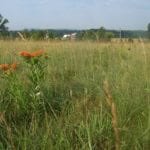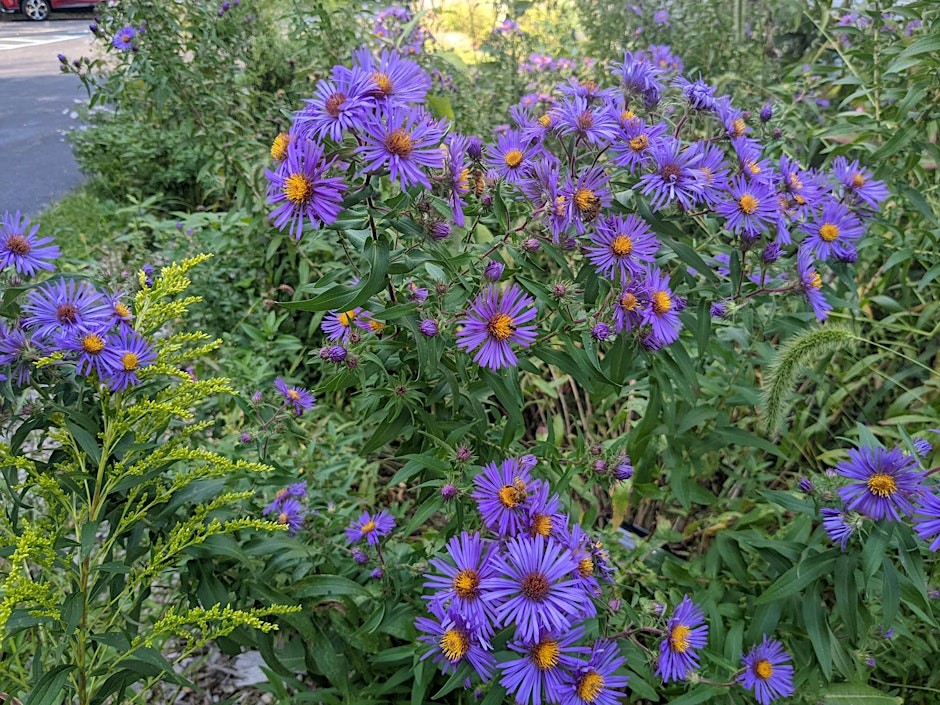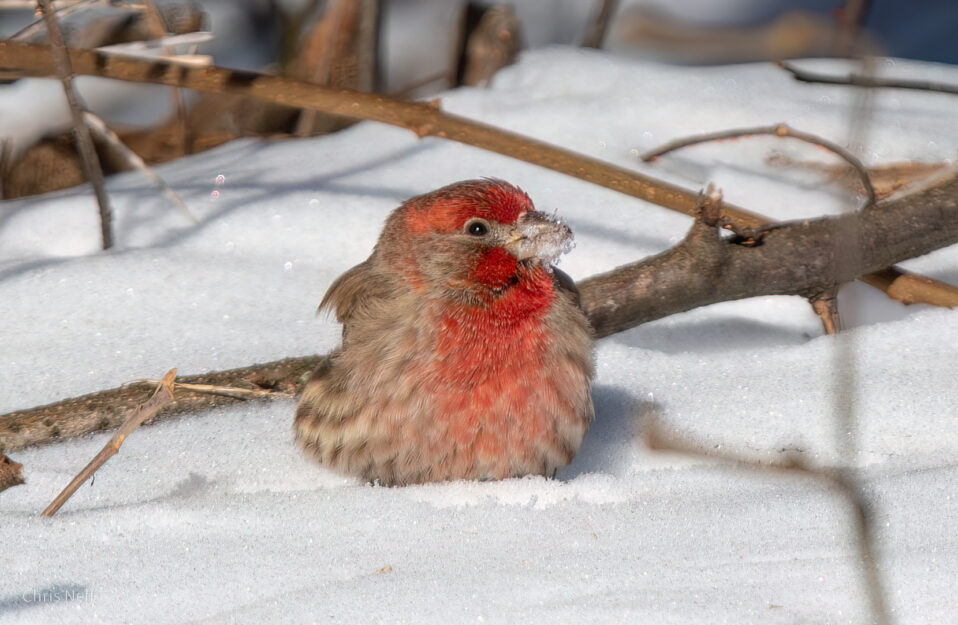A magnificent sight caught my eye this morning on my drive into work. There, perched high above the mighty Musconetcong River in all its glory, a Bald Eagle, sat motionless as the light from the morning sun shone down on its regal head. I pulled over to take in the scene of this wonderful creature as it scanned the clear icy cold flowing water of the Musky for its next meal. A fish, a duck, a muskrat perhaps. They too were all there in the river unaware of the powerful predator watching their every move. Other wildlife also made itself known as I stood on the bank of the river. Tacks in the snow covering the river’s edge reveled that a mink had been here too. A group of Canada Geese swam by and flushed a Hooded Merganser that had been resting on a rock near the shore. It was one of those moments that brings it all together, when you step back and truly appreciate the world you live in. It was one of those moments when you want to be an active part of making sure that the world that you, and all these other residents, live in can only get better. Seeing animals in their natural habitat, living their lives, reinforces the ties we have with our natural surroundings and reminds us of what we all have in common for survival. This morning that tie was clearly one common, yet extremely important, element…the need for clean water.
 Clean fresh water is essential to all life on Earth. At New Jersey Audubon we are always working to enhance, restore and protect New Jersey’s wildlife and unique natural habitats, including freshwater ecosystems. This work takes on many forms, whether its working with the agricultural community on implementing best management practices for natural resource protection; or developing and implementing forest stewardship plans; or educating the public or government officials on the importance of ecological diverse natural systems, to doing research that applies sound scientific principles and practices that focus on natural resource conservation issues associated with numerous species and their habitats.
Clean fresh water is essential to all life on Earth. At New Jersey Audubon we are always working to enhance, restore and protect New Jersey’s wildlife and unique natural habitats, including freshwater ecosystems. This work takes on many forms, whether its working with the agricultural community on implementing best management practices for natural resource protection; or developing and implementing forest stewardship plans; or educating the public or government officials on the importance of ecological diverse natural systems, to doing research that applies sound scientific principles and practices that focus on natural resource conservation issues associated with numerous species and their habitats.
One specific initiative that focuses on clean water that NJA has been playing a major role in for the past 3 years is working with many partners under the Delaware River Watershed Initiative (DRWI). The DRWI mission is to “strategically align conservation efforts of multiple partners in places where both significant threats and opportunities for success will accelerate protection and restoration of the water quality in the Delaware Basin”.
Through funding from the William Penn Foundation and the National Fish and Wildlife Foundation, NJ Audubon is looking to engage more landowners and farmers in the Highlands Region and the Kirkwood-Cohansey Aquifer Region of the State for enrollment into the various federal conservation cost share programs for forestry/agricultural Best Management Practices. Additionally, depending on your property’s location within those regions, you may be eligible for additional funding or free restoration related materials, especially for riparian and wetland restorations. For more information on the NJA DRWI related funding opportunities contact John Parke at [email protected] in the Highlands Region and Kristen Meistrell at [email protected] in the Kirkwood-Cohansey Aquifer Region.
Photo by John Parke





_thumb.jpg)





Post a comment